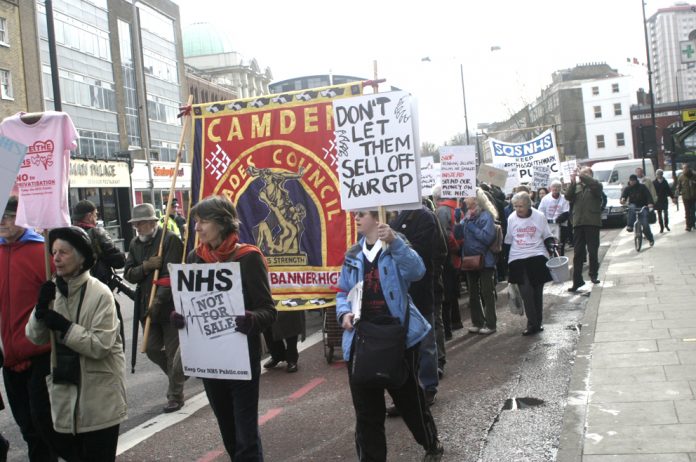A THIRD of GPs are considering retiring from general practice within the next five years according to the latest figures from the BMA’s survey of 15,560 GPs.
The results call into question the feasibility of election pledges in recent manifesto announcements from political parties promising to dramatically increase the number of GPs in the next parliamentary term.
Dr Chaand Nagpaul, BMA GP committee chair, said: ‘This poll lays bare the stark reality of the crisis facing the GP workforce.
‘In this climate, it is absurd that in the recent leaders’ debate, political parties were attempting to outbid each other on the number of GPs they could magically produce in the next Parliament.
‘Since it takes five to eight years to train a GP it is not possible to create thousands of GPs in this timeframe.
‘These pledges blindly ignore the recruitment and retention crisis that is draining the numbers of GPs we already have.
‘A third of GPs are considering leaving the health service in the next five years and a significant number are also thinking about reducing their working hours.
‘It’s deeply worrying that a fifth of GP trainees, the GPs of the future, are hoping to move abroad before 2020.
‘A sizeable number of GPs regrettably will not be recommending a career in general practice to the next generation of doctors.
‘This is concerning as it comes at a time when 4,515 GP training posts were left vacant last year.
‘It is clear that incredible pressures on GP services are at the heart of this problem, with escalating demand having far outstripped capacity.
‘GPs are overworked and intensely frustrated that they do not have enough time to spend with their patients, especially the increasing numbers of older people with multiple and complex problems who need specialised care.
‘Instead GPs are being taken away from treating patients by pointless paperwork or other work that has often been moved without proper resourcing into the community. Many GPs are facing burnout from increased stress.
‘Rather than playing a numbers game, we need politicians to focus on addressing the pressures facing GP services, so that we retain the current GP workforce and attract young doctors to become GPs.
‘If we do not have an honest, open debate about the future of general practice, we could soon be in a situation where we do not have enough GPs to deliver effective care to patients.’
Key findings from the survey about the current state of the GP workforce include:
• One third of GPs (34%) are considering retiring from general practice in the next five years. Almost three in ten GPs (28%) who are currently working full time said they are thinking about moving to part time. Nine per cent of all GPs would consider moving abroad and seven per cent would consider quitting medicine altogether.
• Around one in five (19%) GP trainees – the youngest cohort in the profession – are considering working abroad before 2020. This comes at a time when the latest General Medical Council (GMC) figures showed that 500 GPs had begun the process of leaving the UK to work abroad4.
• Over two thirds of GPs (68%) state that while manageable, they experience a significant amount of work related stress. However, one in six (16%) feel their stress is significant and unmanageable.
GPs cite various factors that have a negative impact on their commitment to being a GP, including excessive workload (71%), unresourced work being moved into general practice (54%) and not enough time with their patients (43%).
Despite the pressures on general practice, just under half (47%) would recommend a career as a GP, but a third (35%) would not advocate working in general practice.
